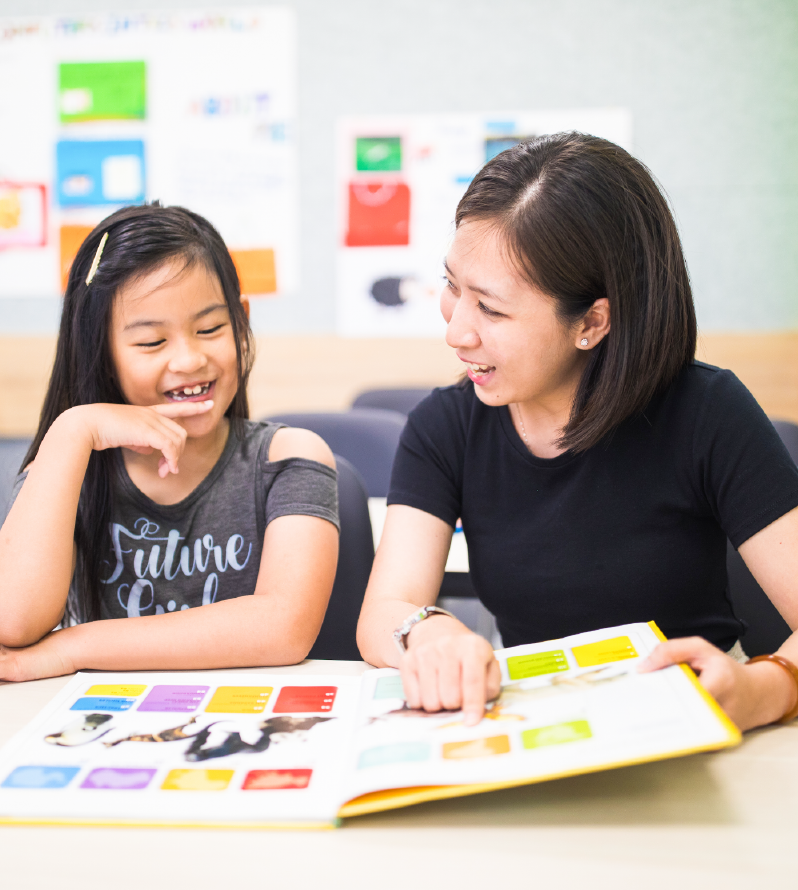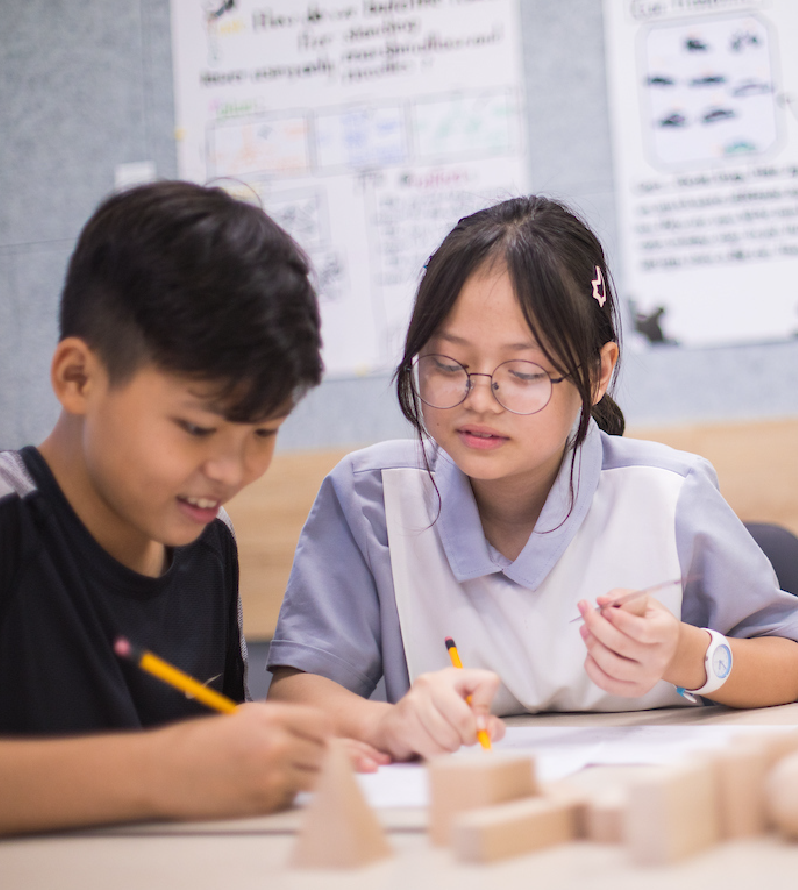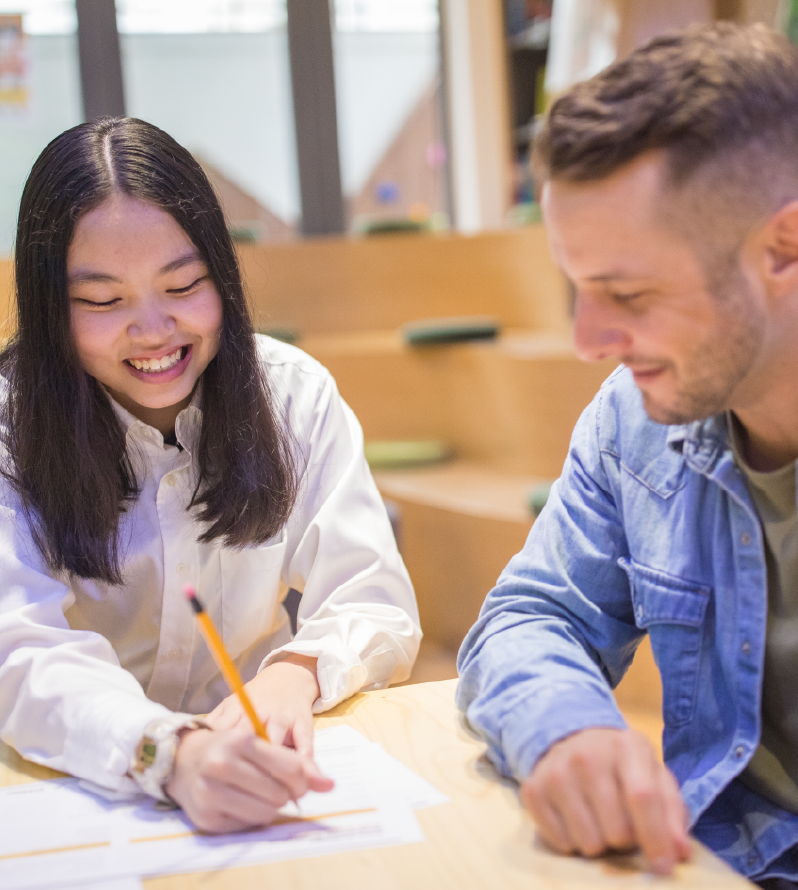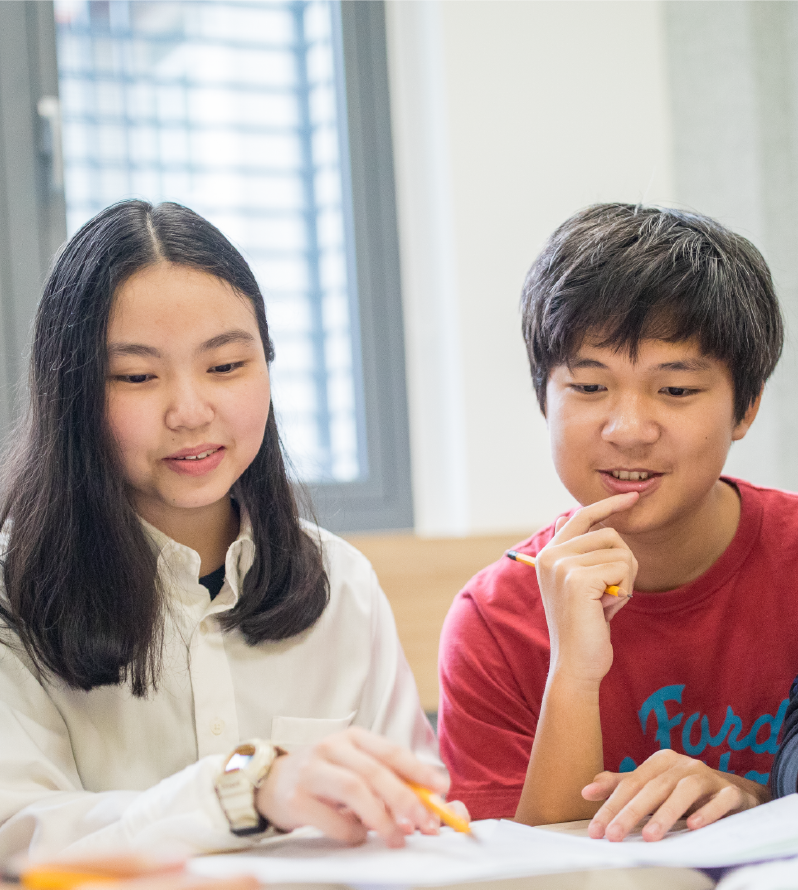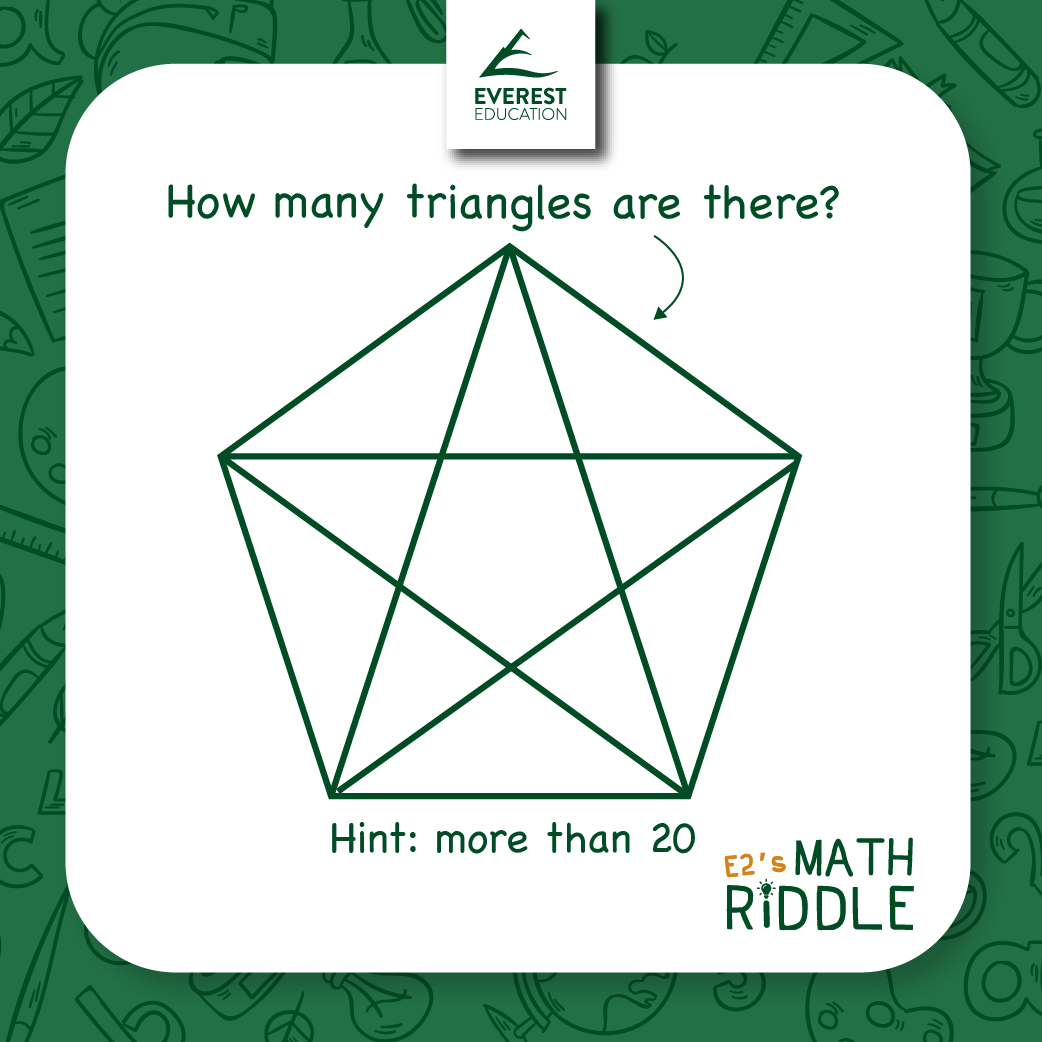It’s common for students at all grade levels to have trouble staying focused in class. Whether it’s struggling to pay attention in class or having a tough time completing homework assignments, focus issues can lead to poor academic performance. There can be many reasons children struggle to focus in school – from sleep deprivation, mismatching learning styles to having ADHD.
However, the good news is: with proper goals and guidance, it’s possible to help your child improve her focus in class and concentration. Concentration is like a muscle that requires regular exercise to strengthen. Below are some tips to help your kids build their concentration muscles.



 If your child is a visual learner: Children who are visual learners understand information better when they are able to see it. In this case, the child will be able to concentrate better if she is allowed to read the information and write it down as well. Study tips for visual learners:
If your child is a visual learner: Children who are visual learners understand information better when they are able to see it. In this case, the child will be able to concentrate better if she is allowed to read the information and write it down as well. Study tips for visual learners:
 If your child is a kinesthetic learner: Children who are kinesthetic learners need to be able to touch and feel their subject matter to understand and process it better. For these children, learning by practical applications may be more helpful than reading aloud or writing. Study tips for auditory learners:
If your child is a kinesthetic learner: Children who are kinesthetic learners need to be able to touch and feel their subject matter to understand and process it better. For these children, learning by practical applications may be more helpful than reading aloud or writing. Study tips for auditory learners:
